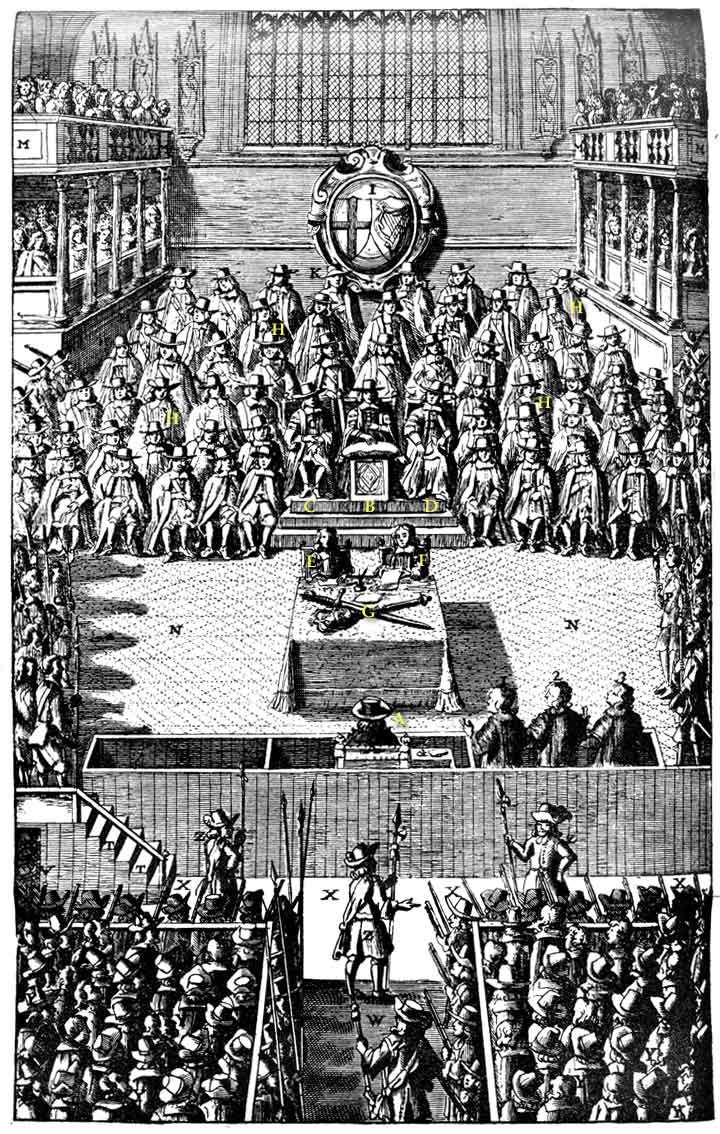APPLY FOR THIS OPPORTUNITY!
Or, know someone who would be a perfect fit? Let them know!
Share / Like / Tag a friend in a post or comment!
To complete application process efficiently and successfully, you must read the Application Instructions carefully before/during application process.
 Following their victory over the forces of King Charles I during the civil wars, the New Model Army became the most powerful political body in Britain eclipsing Parliament, which created the army. In the summer of 1647, the New Model Army took possession of the King, who had been held by the Parliamentarians, and then occupied London. In December 1648, the Army again occupied London and soldiers commanded Colonel Pride and Colonel Rich took up positions at the Houses of Parliament to prevent those members that opposed the Army from taking their seats creating the Rump Parliament.
Following their victory over the forces of King Charles I during the civil wars, the New Model Army became the most powerful political body in Britain eclipsing Parliament, which created the army. In the summer of 1647, the New Model Army took possession of the King, who had been held by the Parliamentarians, and then occupied London. In December 1648, the Army again occupied London and soldiers commanded Colonel Pride and Colonel Rich took up positions at the Houses of Parliament to prevent those members that opposed the Army from taking their seats creating the Rump Parliament.
Since negotiations with the Crown had failed (partly due to Pride’s Purge), the Army’s leaders and other militants decided to put the Charles on trial. On 6th January 1649, the Rump Parliament passed an ordinance permitting the trial to be presided over by a commission of 135 men: the High Court of Justice. In spite of the House of Lords’ rejection of the motion and the (obvious) lack of consent from the King, the trial went ahead later that month.
How to Stop Missing Deadlines? Follow our Facebook Page and Twitter
!-Jobs, internships, scholarships, Conferences, Trainings are published every day!
